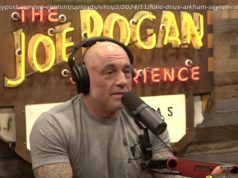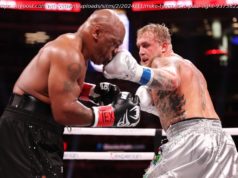With just four months until Election Day, the Trump campaign is struggling to deploy what was supposed to be a chief feature of the President’s reelection effort — the signature Trump rally.
Before the coronavirus hit, campaign officials expected to be holding one to two rallies a week by now. But with cases surging across the country, it’s unclear if the campaign will ever be able to work its way up to that pace. And while there are serious questions about whether rallies are the right strategy in the midst of a pandemic, Trump’s bullheaded determination to press forward with in-person events is forcing the campaign to find a way.
The President’s difficulty turning on his rally machine is indicative of the broader problems the coronavirus poses to him. Not only has the pandemic kept him off the campaign trail, it’s ruined much of his case for reelection, sinking the economy, killing more than 135,000 people so far and robbing him of any argument that Americans are better off than they were four years ago.
Trump has done relatively little in-person campaigning this summer. Besides a handful of closed-door fundraising events, including one on Friday night in Miami that netted $10 million and a «Students for Trump» rally in Phoenix in June, the President has largely kept off the trail.
By contrast, President Barack Obama had an extremely active summer when he was running for reelection in 2012. Obama spoke at 18 campaign events in June 2012 and 27 in July, a mix of private fundraisers and public rallies in swing states across the country.
But with weak poll numbers and bevy of challenges before the country, Trump has not yet been able to harness the power of his signature mega rallies — and the time to do so is growing short.
«I think there is a growing sense of concern that the campaign isn’t functioning as we want it to,» one donor close to the campaign told CNN in the immediate aftermath of Tulsa.
The value of the rally
The Trump rally is in many ways the central aspect of the President’s political brand, and a hallmark of his success as a first-time populist politician. The events offer an essential psychological boost to a President who has always fed on the energy of crowds — and, now more than ever, is in need of that boost as he stews over his sinking polls and how the pandemic has upturned his political prospects.
«He can’t win without rallies,» one Trump adviser said, pointing more to the psychological effect of the rallies than anything else. «When he does them, it is a little bit of a release and takes some pressure off of his psyche and him believing that he’s not getting his narrative out and everyone’s against him.»
In the words of a GOP strategist from a crucial swing state: «He needs rallies like a kite needs wind.»
Beyond stoking Trump’s mood, rallies serve an important strategic purpose as well. Since 2016, Trump rallies have been an important engine feeding voter information into the Republican National Committee’s massive database. At each rally, the campaign collects personal information from some of Trump’s most ardent supporters — email addresses and phone numbers that are then plugged into the RNC’s voter file.
That information doesn’t just provide a snapshot of the President’s biggest fans, it also helps identify potential new voters, including those who rarely vote and are especially valuable turnout targets.
Rallies also provide the campaign with free TV coverage from local affiliates that can amplify the President’s message in parts of the country that are harder to reach. It’s no accident that Trump has conducted several interviews in recent weeks with reporters from local TV broadcast networks.
Домой
United States
USA — mix Amid rising coronavirus cases, the Trump campaign struggles to get its rally...






